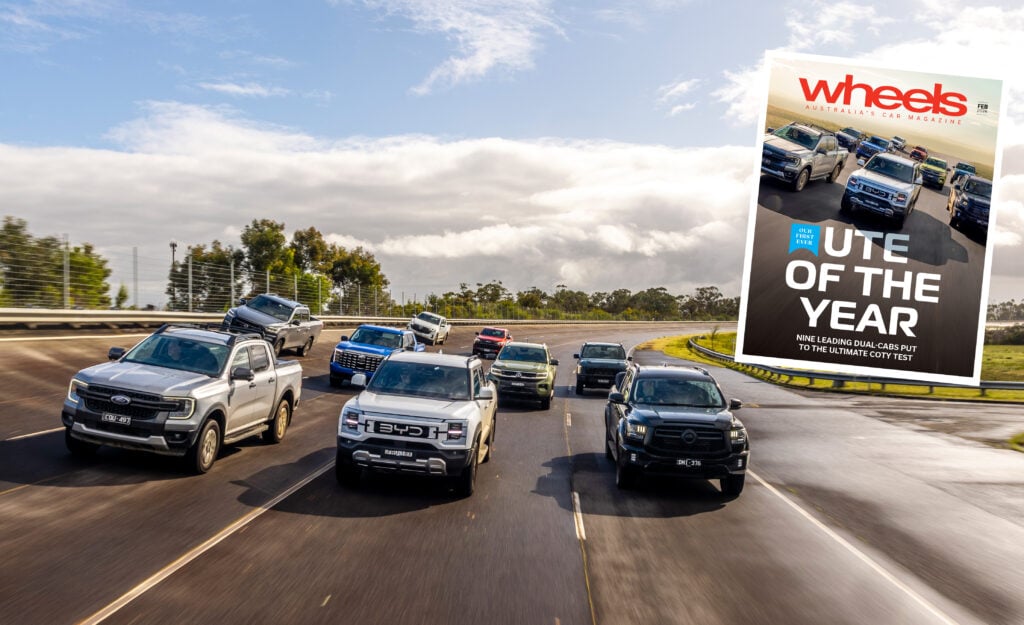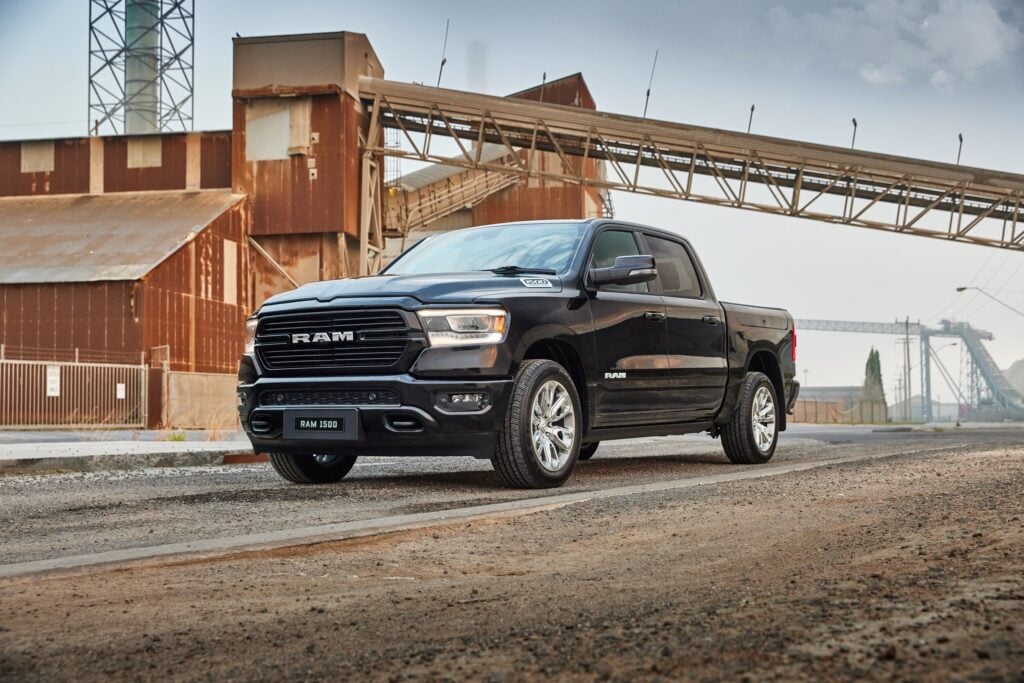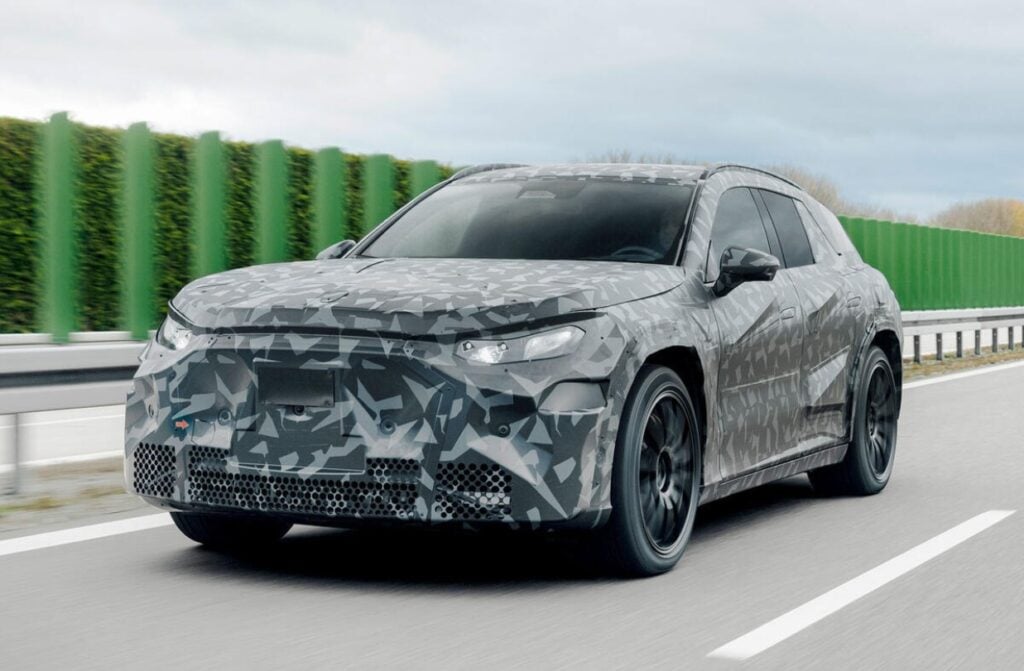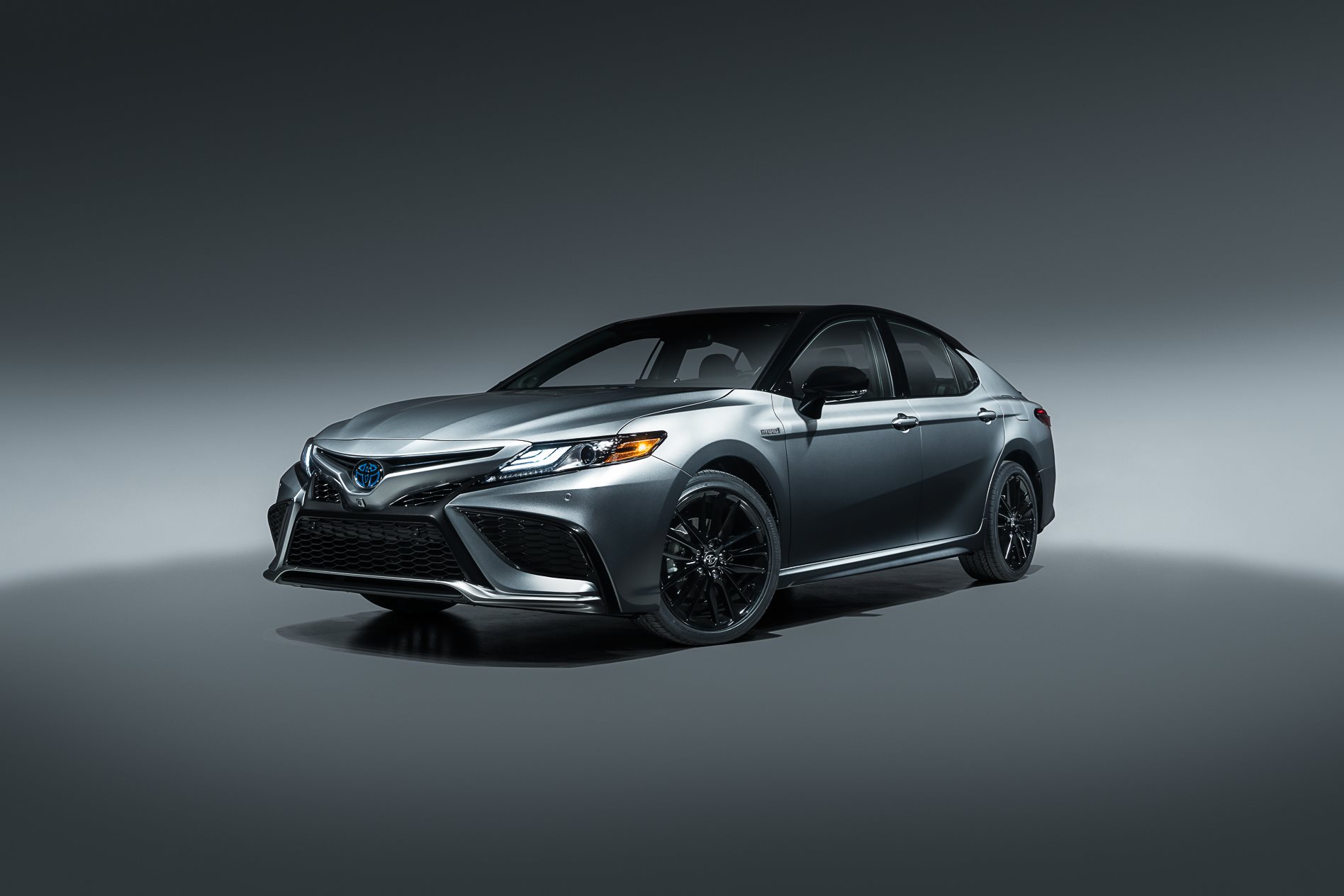
Snicker all you like, but the Toyota Camry is still a popular car here in Australia – and for good reason. After the demise of local manufacturing, Toyota switched supply of its faithful four-door five-seat sedan to Japan, and the Camry customer was the big winner.
Add to that a healthy share of sales in the ride-sharing and taxi sectors, along with emergency services and rental car business, and the Camry still sells more than 1000 every single month.
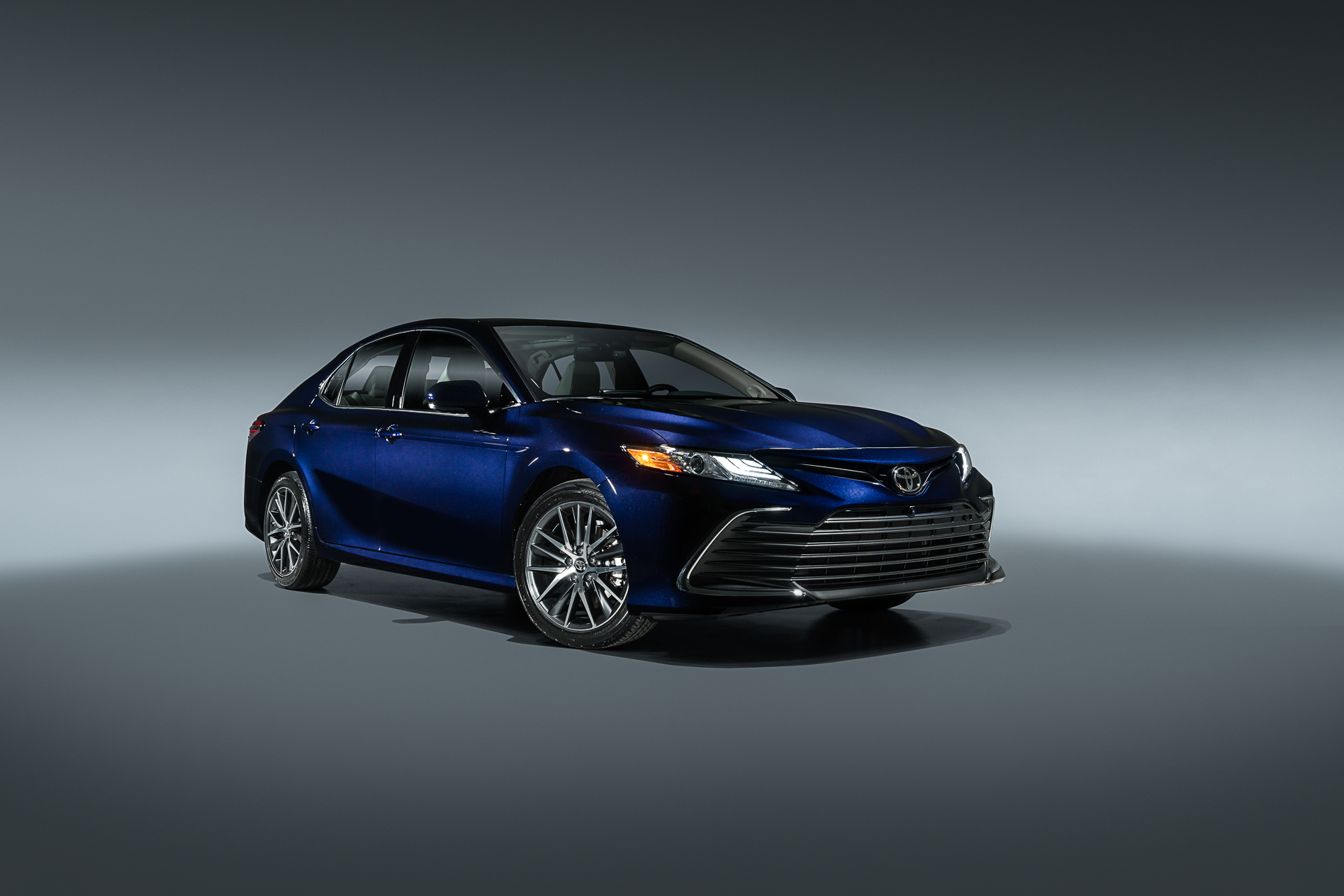
For 2021, Toyota hasn’t moved the needle much in terms of new spec for the Camry, adding a splash more style to the centre console and updating the front bumper and grille for a sharper look to the update that is due to touch down in Australia early next year.
The centre console makeover includes a larger infotainment screen that will incorporate Apple CarPlay and Android Auto, as well as more sophisticated safety technology.
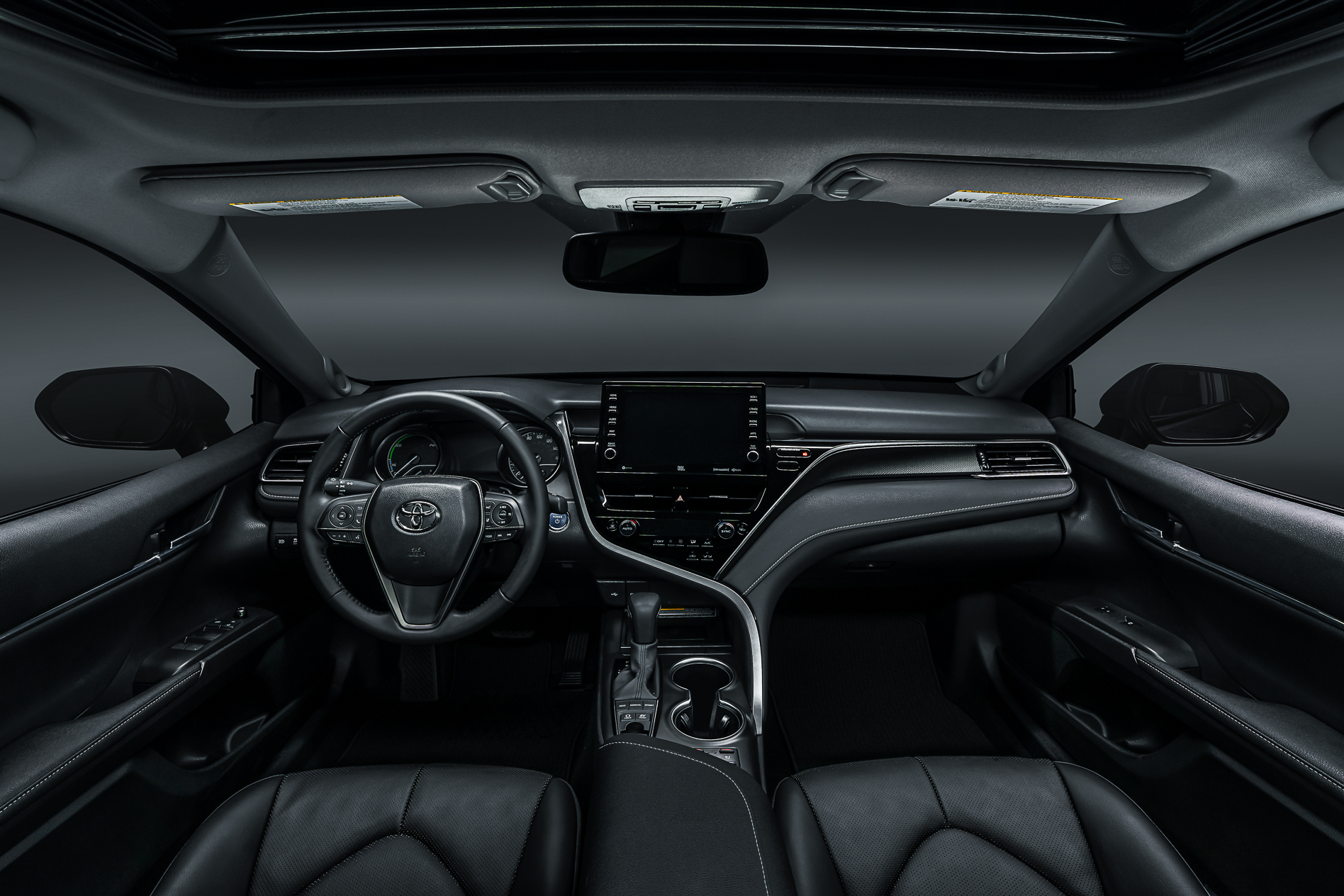
This will likely include cross-intersection alert to help avoid crashes when turning, as well as improved lane-changing during adaptive cruise control running.
A Toyota spokesperson told WhichCar that prices and specs would be confirmed closer to launch date.
For us, though, the big news comes in the form of updated batteries for the best-selling Camry in Australia, the Hybrid.
To this point, Toyota – far and away the biggest purveyor of petrol/electric hybrid vehicles in Australia – has stuck with the tried-and-true nickel-metal hydride (NiMH) battery pack to supplement the electric motor in the majority of its cars, which include the Corolla, Prius, RAV4 and Camry.
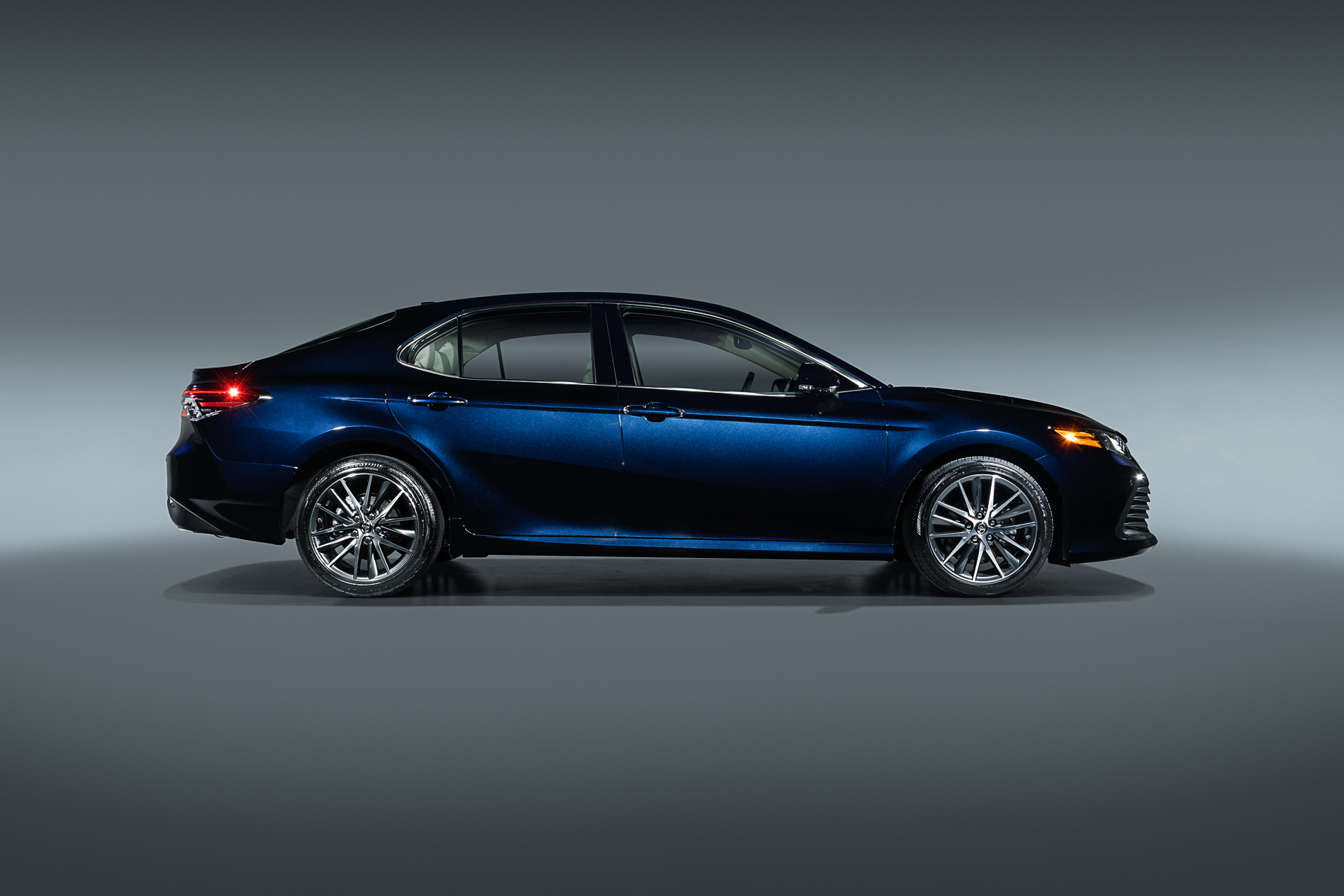
Debuting in the Prius almost 20 years ago, NiMH batteries are renowned for their ability to take abuse in the form of repeated charge cycles, and they also handle temperature fluctuation well. Their downside is that for the same energy density, NiMH batteries are about 25 percent heavier than other batteries.
Lithium-ion (Li-ion) battery tech has dominated the world of battery electric vehicles for the last decade, because they are lighter and can deal with longer charge cycles better than NiMH (in general terms).
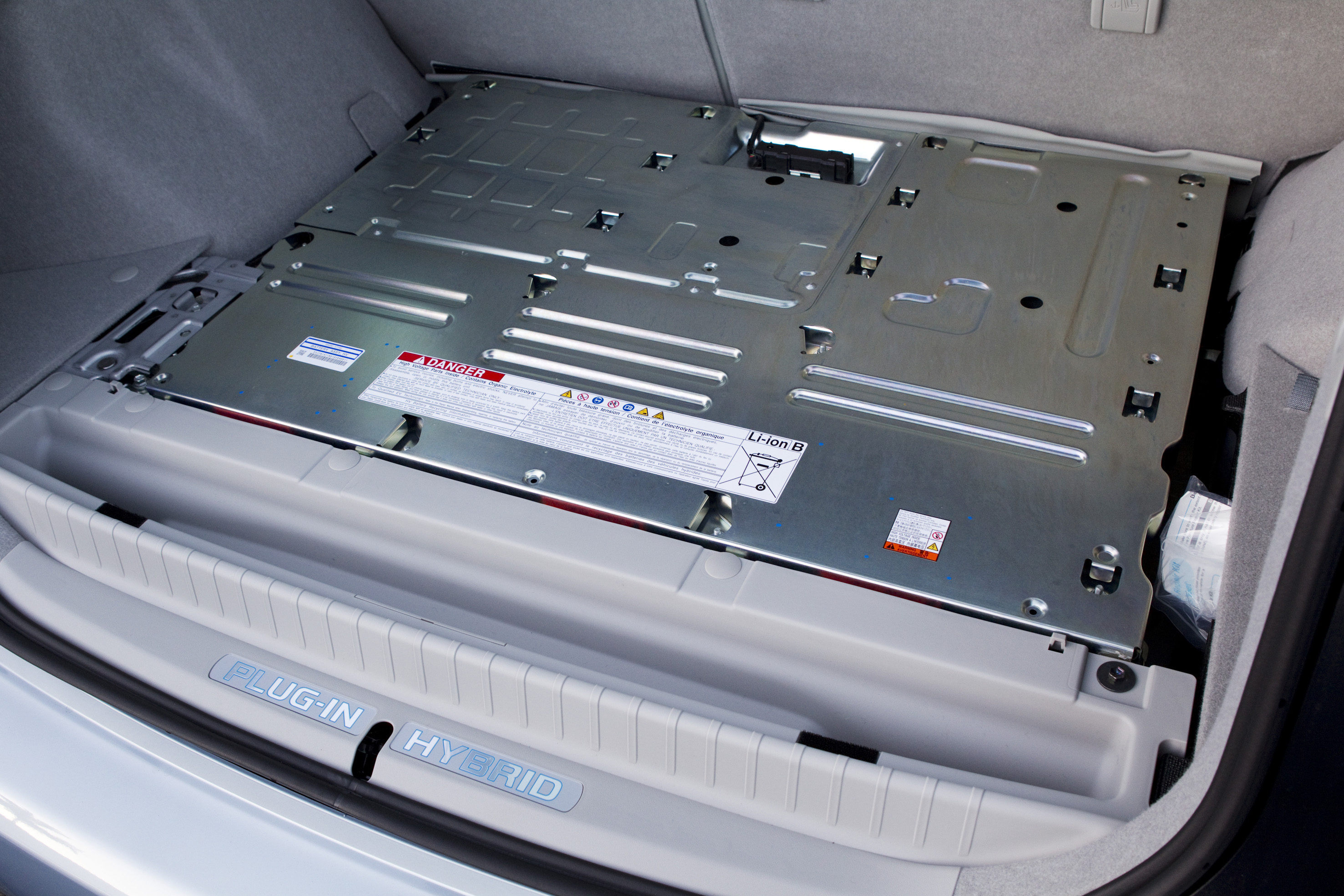
An image of a Toyota lithium-ion battery array in an earlier concept
And now the Camry Hybrid will adopt the lithium-ion pack that was introduced for higher-spec hybrid Toyotas in overseas markets a couple of years ago.
Rated at 259V versus the current NiMH’s 245V, the battery pack is also physically lighter than the NiMH pack, and will be rolled out from August in Australian-delivered cars starting from August this year.
A spokesperson did confirm to WhichCar that the Prius V will also switch over to lithium-ion batteries.

